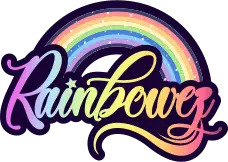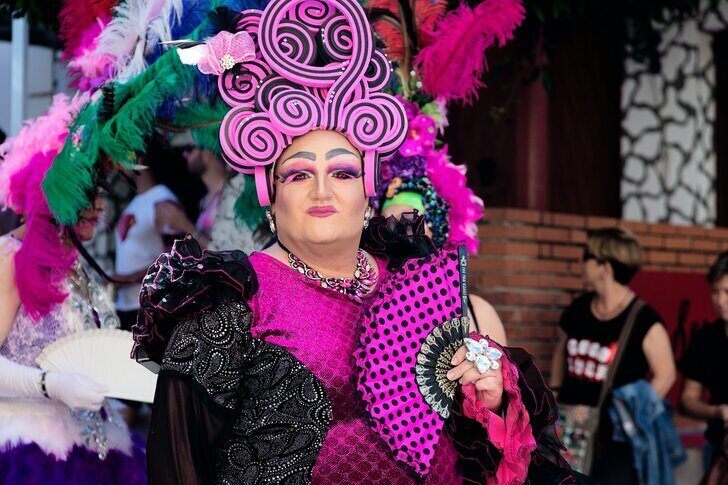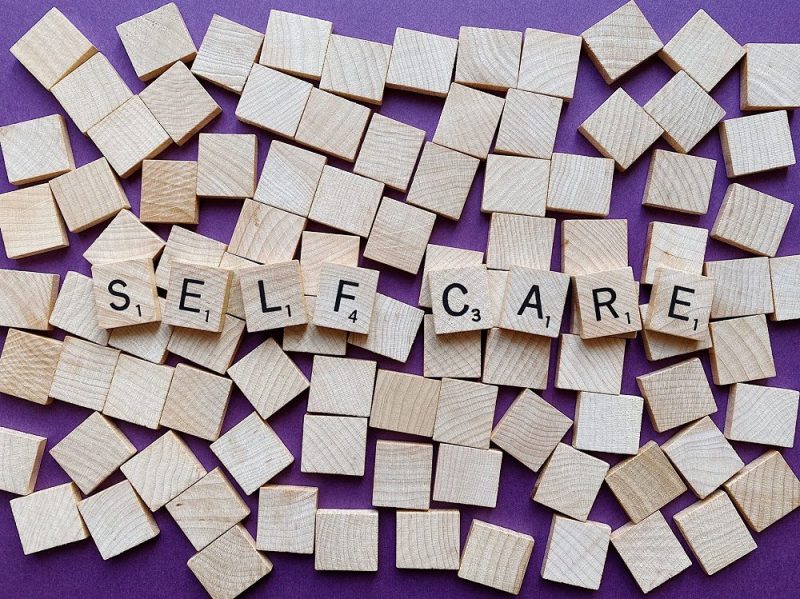Toyota Pride events have long been part of the company’s broader Diversity, Equity, and Inclusion (DEI) initiatives. But according to a recent memo, that’s about to change. In a statement circulated to over 1,500 dealerships and more than 50,000 U.S. employees, Toyota announced it would no longer sponsor events like Pride and other DEI-focused activities.
The decision has raised eyebrows, both in the business world and among the public. Why? Because it follows vocal criticism from conservative figures like Robby Starbuck, who took to social media platform X (formerly Twitter) to question the company’s commitment to DEI. For Starbucks, this shift signifies a victory for those seeking to counteract what they see as the “woke” culture infiltrating corporate America.
Toyota’s U.S. headquarters, located in Texas, a state with a predominantly conservative political climate, may have also played a role in this decision. Many speculate that the company’s move reflects a growing trend among corporations distancing themselves from DEI programs to avoid controversy.
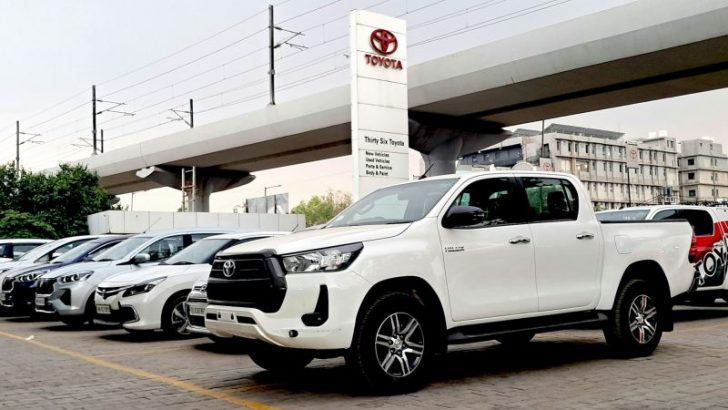
Shraw / Unsplash / In a memo sent to 1,500 dealerships and over 50,000 U.S. employees, Toyota said that the carmaker will no longer sponsor cultural parades and events like Pride and Diversity, Equity, and Inclusion (DEI.)
Toyota now joins a list of companies like Ford, Harley-Davidson, and Stanley Black & Decker, who have similarly cut back on DEI commitments under public pressure. For Toyota and its peers, this could signal a larger cultural shift in corporate America’s approach to diversity and inclusivity.
What Does No Toyota Pride Events Mean?
Toyota's decision to halt sponsorship of Pride events is not just about saving money. Toyota Pride events have symbolized the company’s dedication to supporting LGBTQ+ communities, making this shift a significant moment for those who value Toyota’s commitment to diversity. Over the years, Toyota has positioned itself as a company that champions inclusivity and respect.
With this new direction, however, some wonder if the brand is rethinking its priorities to align more with conservative viewpoints.
Toyota's move is likely calculated to appease a specific demographic that holds strong opinions about DEI initiatives in corporate spaces. Given the backlash many companies face from outspoken critics, it seems Toyota is taking a step back from visibly supporting cultural and social causes.
Toyota Isn’t Alone!
It is essential to note that Toyota is not the first company to reevaluate its support of Pride and DEI events. Other major brands, including Ford, John Deere, and Harley-Davidson, have also recently decided to scale back or completely withdraw from DEI initiatives. Many companies initially embraced DEI as a strategy to foster a more inclusive environment. Something that can lead to improved employee morale, better recruitment, and a stronger brand identity.
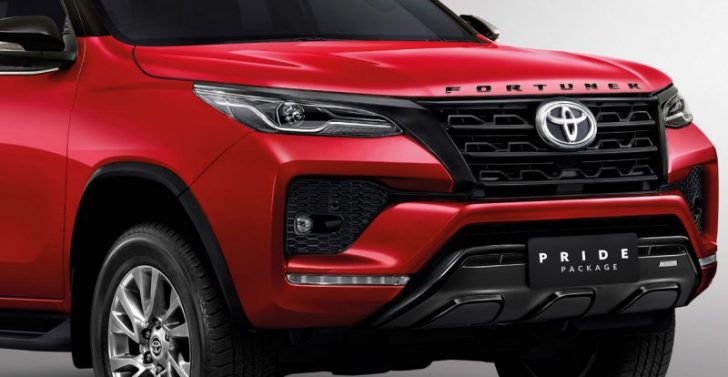
YT / After Toyota’s announcement, right-wing advocate Starbucks celebrated the decision on X, asserting that the culture war against “woke” corporations is gaining momentum.
Despite these benefits, the backlash from certain political and social groups has led some corporations to rethink their approach.
What This Means for the Future of Toyota and Its DEI Commitments
Toyota’s decision to stop supporting Pride events could mark the beginning of a larger shift in the company’s DEI policies. For years, Toyota has worked to foster an image of inclusivity, both within its workforce and in its marketing.
However, by pulling back on visible sponsorship of LGBTQ+ events, Toyota may be signaling a shift in how it prioritizes DEI moving forward. This is particularly relevant as the company operates in a highly competitive automotive industry where brand identity plays a key role in attracting customers.
If Toyota reduces its DEI commitments, it may face challenges in maintaining employee satisfaction and recruitment, particularly among younger workers who tend to value corporate responsibility and inclusivity. For now, Toyota’s decision serves as a reminder that corporate commitments to DEI are not always set in stone and can be subject to change based on external pressures.
